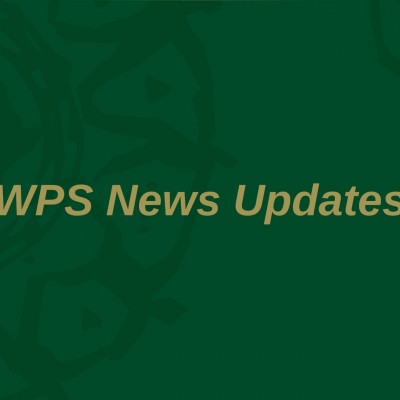On April 29, 2020, 128 women’s organizations and activists from 17 countries and Kosovo published a press release. It called upon governments and development partners to ensure effective dialogue with civil society to put women’s needs at the centre of COVID-19 pandemic response and recovery efforts.
The press release comes after UN Women initiated rapid consultations across the Europe and Central Asia region. Three sessions were held in early April 2020 in the Central Asia, Eastern Partnership and Western Balkans and Turkey sub-regions.
Key points include:
- Women’s organizations and civil society at large should be an integral part of COVID-19 response and recovery efforts;
- They know what needs to be done and we urge all development partners to seriously consider the solutions they offer so that we can continue to ensure the principles of equality and social justice” said Alia El-Yassir, the UN Women Regional Director for Europe and Central Asia;
- Women’s organizations stressed their lack of engagement in national COVID-19 response and recovery planning as a key challenge that blindfolds current efforts in responding to the urgent needs of women and girls;
- They highlighted the need for their oversight and monitoring of COVID-19 actions and spending;
- Women’s organizations also emphasized the need for gender disaggregated data and statistics to paint a clear picture of women’s challenges during the crisis, which would pave the way for gender-responsive policy-making;
- Women’s organizations highlighted restrictions in women’s rights and access to justice, increases in women’s unpaid work at home, and loss of employment and income by women, who globally dominate insecure and informal economy;
- In Turkey, 21 women were murdered during quarantine between 11 and 31 March;
- Women’s organizations also stressed the need to create an enabling environment for civil society to operate in during and after the pandemic; and
- Each woman brought their own unique perspective from working with diverse groups of women and girls, some being at most risk of being left behind during COVID-19, including older women, women with disabilities, women living with HIV, women refugees and migrant and rural women.
The following recommendations were outlined in the press release:
- Establish standing consultative mechanisms with women’s organizations to ensure that their needs and priorities directly influence and inform COVID-19 response efforts;
- Generate sex and age disaggregated research and data;
- Uphold all internationally agreed human rights standards in every aspect of pandemic response, ensuring equality and non-discrimination for all, including the labour, health and reproductive rights of women;
- Work with women’s groups and civil society organizations to provide targeted assistance to disadvantaged groups, including social, economic, legal and psychological support;
- Ensure on-going and additional funding for women’s groups and civil society organizations so that they can continue their programmes and launch new ones to respond to the pandemic; and
- Compensate for lost income through one-time monetary disbursements.
Read the full press release here.
The consultations also resulted in the publication of more in-depth document that outlines the issues and provides more recommendations. It can be found here.



